In the book "Types and Programming Languages" Benjamin C. Pierce uses the concept/term syntactic form (see image) , however he does not give an explicit definition for it. I was trying to look for the definition of this term on the Internet but I found nothing illuminating.
Could somebody point out some reference (book) where this term is defined , or give the definition for it?
Is a sentence defined by the grammar a syntactic form ?
In what other books is the term syntactic form used ?
Is syntactic form the same as term (defined on page 24) ? If not, what is the difference between these two concepts.

